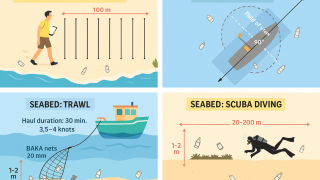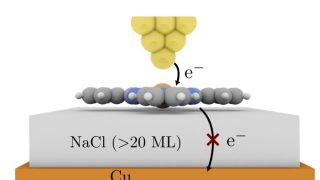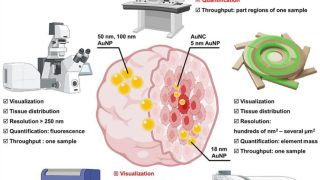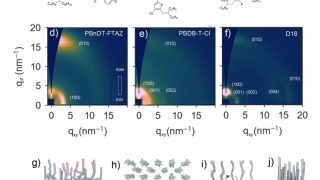
Marine litter threats the Bay of Biscay
In 2023, over 310 million tons of plastics were produced globally, and this volume is projected to reach 710 million tons by 2040 . This extensive use, at the domestic, tourism, industrial, and fishing levels, combined with inadequate waste management, has led to the rapid accumulation of plastics in our environment, making them a widespread […]








